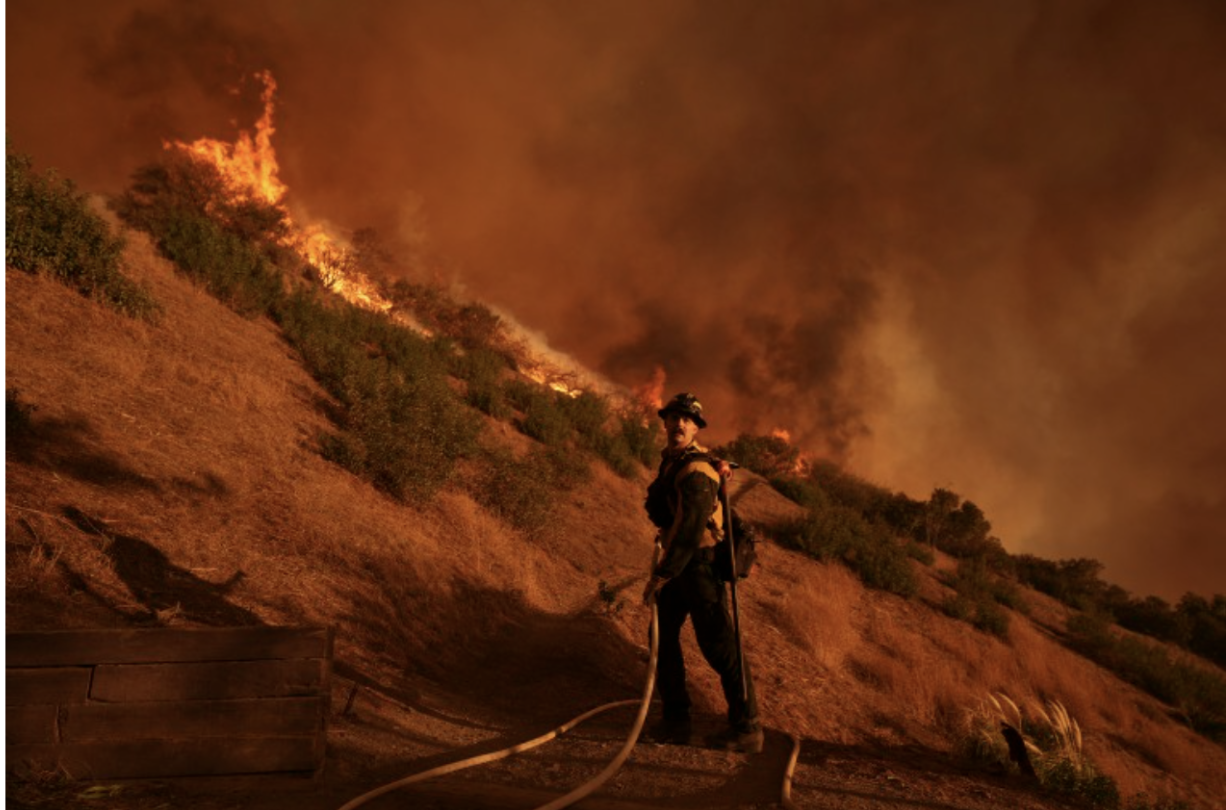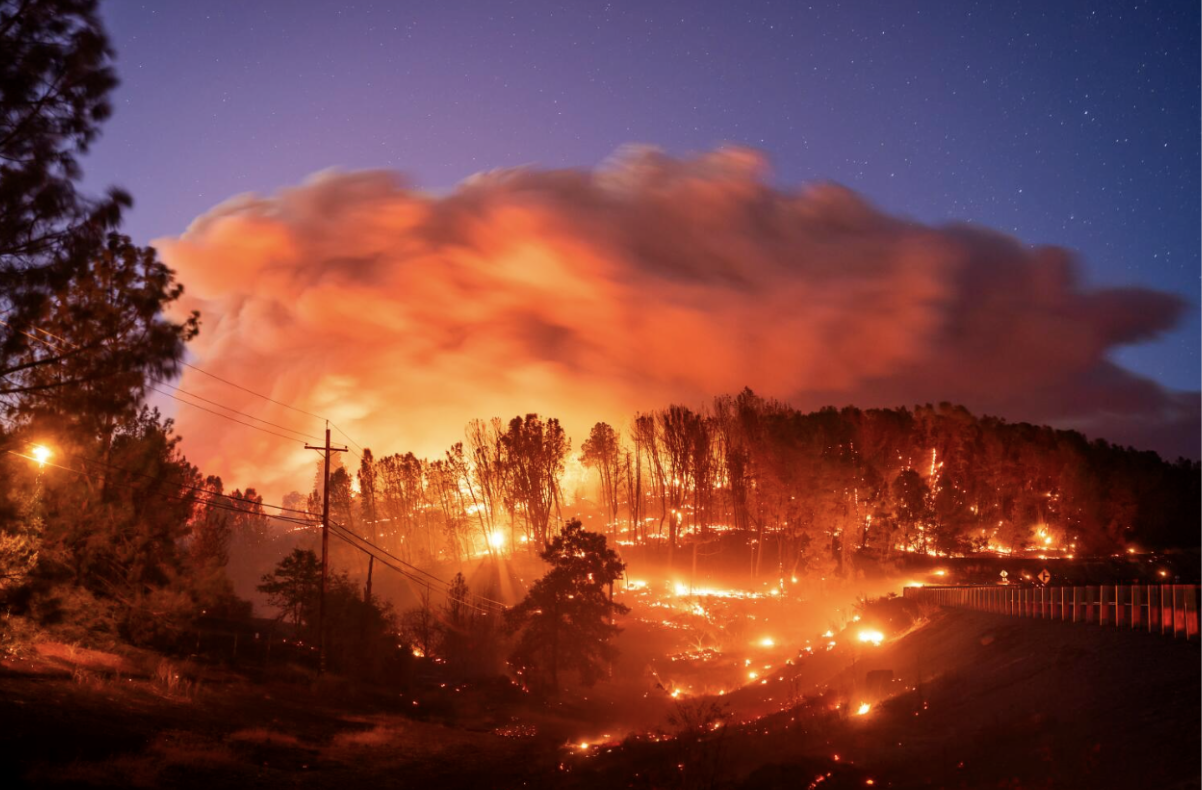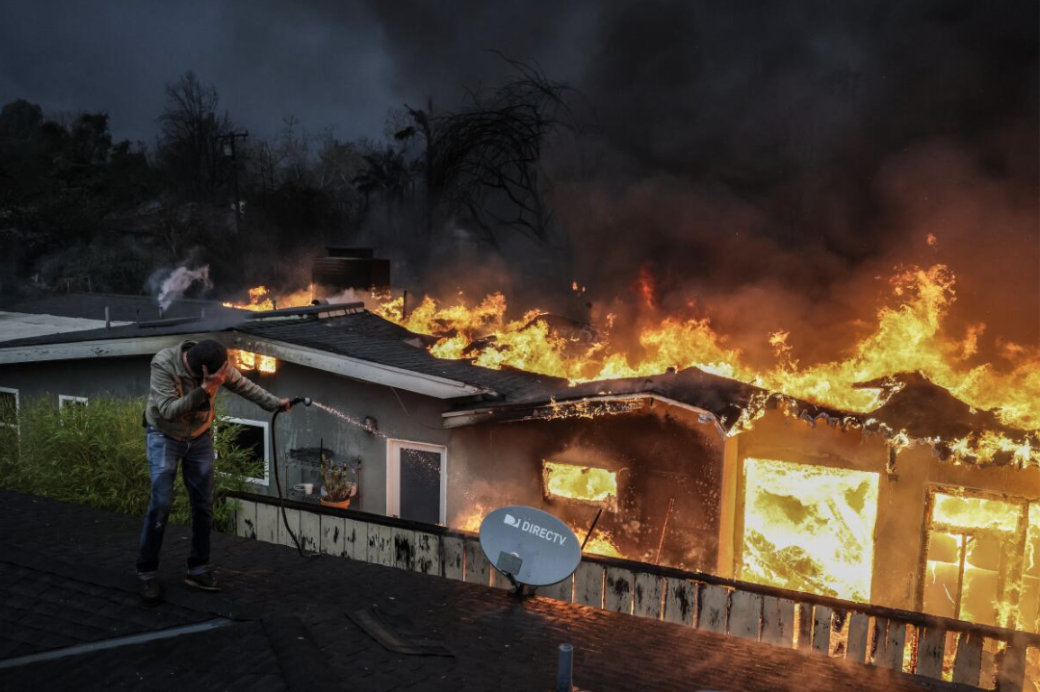Terrible fires have ravaged parts of California, leaving devastation in their wake. Driven by the intensifying impacts of climate change, extreme winds, and prolonged droughts, the state is increasingly vulnerable to wildfires. In particular, two major wildfires have struck the western region with devastating force: the Palisades Fire in Pacific Palisades and the Eaton Fire in Altadena. These fires have wreaked havoc on entire communities, with entire neighborhoods being reduced to ash.
Roughly 180,000 people have lost their homes, and the destruction extends far beyond residential areas. Schools, small businesses, cultural landmarks, and critical infrastructure have been wiped out, further compounding the crisis. For many residents, these fires are not just a loss of property—they are a loss of memories, a disruption of lives that once felt stable, and the erasure of generations of hard work and community ties.
The emotional toll on affected families is immeasurable. Thousands are left grappling with uncertainty, displaced from their homes, and struggling to make sense of what’s next. In addition to physical losses, the psychological scars of such widespread devastation cannot be ignored. The stress and trauma of losing everything whether it be personal belongings, irreplaceable family heirlooms, or beloved pets, are adding layers of distress to already dire circumstances.
But the firestorms are far from over. The wildfires continue to rage, fueled by extreme temperatures, dry conditions, and strong winds that create unpredictable and fast-moving flames. First responders, firefighters, and emergency services are working around the clock to contain the blazes, but the scale of the fires is unprecedented. Despite their heroic efforts, the situation remains dire, with many areas still under evacuation orders as firefighters battle to keep the flames at bay.
As California faces these increasingly catastrophic fires, the need for comprehensive climate action has never been clearer. The growing frequency and intensity of wildfires serve as a stark reminder of the urgent need to address the root causes of climate change, such as greenhouse gas emissions and deforestation. Moreover, the state’s fire management strategies and emergency response systems will need to adapt to an environment that is becoming increasingly unpredictable and hostile.
For those affected, recovery will be a long and strenuous process. While some are seeking refuge with family or in temporary shelters, many are unsure of how to rebuild their lives or even where to start. Support from local, state, and federal agencies, as well as donations from individuals and organizations, will be crucial in providing aid to the thousands of Californians now displaced by these relentless fires.
In the wake of this catastrophe, the resilience of the people of California will be tested, but so too will the collective responsibility of society to take meaningful action on climate change. The fires may continue to rage for now, but the questions about how to prevent such disasters in the future will linger long after the flames have been extinguished.



